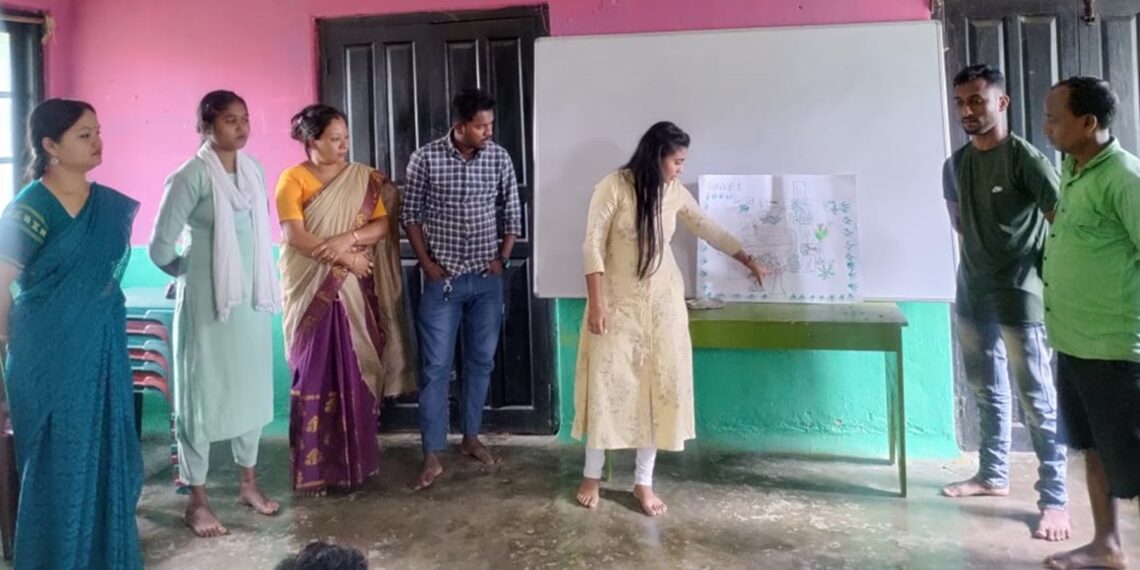GUWAHATI: To spread awareness about biodiversity conservation, a programme on sustainability education was recently held at village in Assam’s Jorhat district.
Attended by over 60 teachers and farmers of the Selenghat village, the participants were taught about the interdependency of sustainability and biodiversity, and the essentials needed to conserve the later.
Held on October 25, it was not a regular workshop but a programme with specific focus. In the exercise all the participants were given theme-based tasks to understand the importance of waste management, water conservation and biodiversity.
Participating individuals were tasked to understand and identify the diverse range of plant and animal life in the vicinity, apart from exploring unique waste management techniques and learning water audit.
Organised by Aaranyak with the support of the Wipro Foundation, the programme brought together participants from a trust named Karuna Kheti Trust of the district.
The trust, since 2019, has been actively involved in championing the cause of education, healthcare, and livelihood opportunities for the local communities, including those from tea plantations in the vicinity.
Arjun Trivedi, the founder and executive director of the Trust, while highlighting the importance of sustainability, said, “Among the sustainable practices adopted by the school is the use of categorized dustbins, allowing students to gain a clear understanding of waste segregation by type,” he said.
A school – Selenghat Valley School – founded by the trust has been at the forefront of sustainable practices in the district, with a portfolio that boasts of organic farming, toilet waste recycling, a hybrid solar power system, and diligent waste management.
The orchestration of the programme was shouldered by Wasima Begum, environment facilitator at Aaranyak, while the smooth coordination was handled by Pallavi Patra, the manager of Selenghat Valley School.















